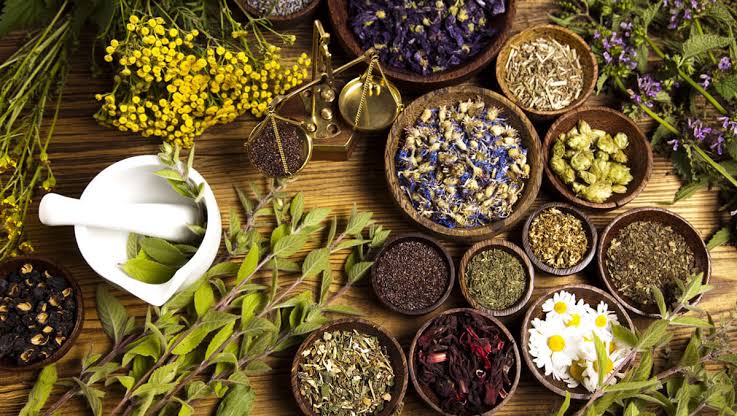A Pharmacist, Mrs Zainab Shariff, says Nigeria can take advantage of the 100-billion-dollar global market for medicinal plants.
She made this known during the African Traditional Medicine Day, organised by the Centre for Herbal Medicine and Drug Discovery at the University of Medical Sciences (UNIMED) Ondo State on Thursday.
The event has “Development and Promotion of Indigenous Herbal Medicine to Facilitate Universal Healthcare in Nigeria” as its theme.
Shariff, a strong advocate of Traditional Complementary and Alternative Medicines (TCAM), revealed how Nigeria could exploit the global market for medicinal plants, which she added might be worth about five trillion dollars by 2050.
In her lecture titled: “Development and Promotion of Indigenous Medicinal Plants to Facilitate Universal Healthcare in Nigeria,” she emphasised the need for value addition to existing medicinal plants in the country to make them exportable.
The current reality, according to her, is that Nigeria is not indicated in the export of medicinal plants in spite of its large biodiversity.
She, however, added that there is still hope for the country if the nation could identify land for cultivation of medicinal plants for value addition.
The pharmacist said the country could produce NAFDAC-listed herbal medicines, phytomedicines and nutraceuticals to various outlets to support further research.
She suggested that the country should widen its collaboration with relevant stakeholders and implement degree programmes in herbal medicine.
In his remarks, the Vice-Chancellor of UNIMED, Ondo, Prof. Adesegun Fatusi, said the institution was already taking the lead in the implementation of PhD in herbal medicine.
He said “As part of the fallouts of the institution’s exposure to the benefits of herbal medicine, it established Department of Complementary
Alternative Medicine that will begin a B.Sc. programme in October 2024.”
On his part, the university’s acting Director of, the Centre for Herbal Medicine and Drug Discovery, Dr Oghale Ovuakporie-Uvo, reiterated
the institution’s commitment to explore herbal medicine to facilitate universal healthcare.
Ovuakporie-Uvo said that an understanding of the empirical basis and rational application of Indigenous traditional medicine, particularly
folk and traditional medicinal practices based on the use of plants and plant extracts were crucial for holistic health in the African context.
NAN


